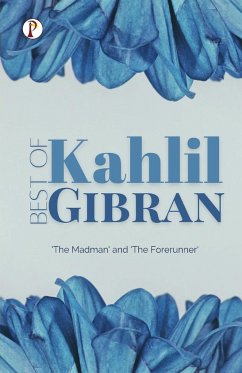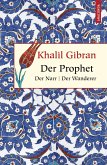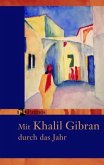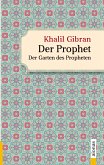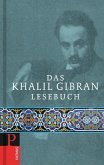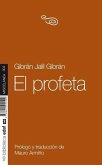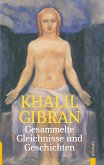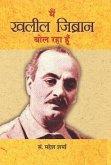This book contains two of the best known works of Khalil Gibran. Kahlil Gibran was a Lebanese-American writer, poet and visual artist, also considered a philosopher although he himself rejected the title.Gibran discussed ""such themes as religion, justice, free will, science, love, happiness, the soul, the body, and death"" in his writings, which were ""characterized by innovation breaking with forms of the past, by symbolism, an undying love for his native land, and a sentimental, melancholic yet often oratorical style."" About his language in general (both in Arabic and English), Salma Khadra Jayyusi remarks that ""because of the spiritual and universal aspect of his general themes, he seems to have chosen a vocabulary less idiomatic than would normally have been chosen by a modern poet conscious of modernism in language."" According to Jean Gibran and Kahlil G. Gibran, ""Ignoring much of the traditional vocabulary and form of classical Arabic, he began to develop a style which reflected the ordinary language he had heard as a child in Besharri and to which he was still exposed in the South End [of Boston]. This use of the colloquial was more a product of his isolation than of a specific intent, but it appealed to thousands of Arab immigrants.""

